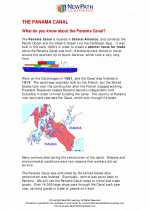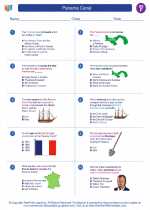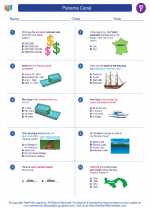Antarctica: The Frozen Continent
Antarctica is the southernmost continent on Earth, located almost entirely within the Antarctic Circle. It is the fifth largest continent, covering an area of about 14 million square kilometers. Despite its size, Antarctica has no permanent population and is primarily used for scientific research and exploration.
Geography
Antarctica is a unique continent with several distinct geographical features:
- Ice Sheets: Antarctica is covered by a thick layer of ice, with an average thickness of about 1.9 kilometers. The Antarctic ice sheet is the largest single mass of ice on Earth.
- Mountains: The continent is home to the Transantarctic Mountains, which divide East Antarctica from West Antarctica. The highest peak in Antarctica is Vinson Massif, standing at 16,050 feet.
- Land and Water: Although it is covered in ice, Antarctica also has some ice-free areas, such as the Antarctic Peninsula. Additionally, the continent is surrounded by the Southern Ocean.
Climate
Antarctica is the coldest, windiest, and driest continent on Earth. The continent experiences extreme temperatures, with the lowest temperature ever recorded on the planet (-128.6°F) at the Soviet Union's Vostok Station. The strong winds, known as katabatic winds, can reach hurricane force and significantly impact the climate of the region.
Wildlife
Despite its harsh climate, Antarctica is home to a variety of unique wildlife, including penguins, seals, and seabirds. These animals have adapted to the extreme conditions and rely on the surrounding ocean for survival.
Research and Exploration
Antarctica has been a focus of scientific research for decades. Numerous countries operate research stations on the continent to study its environment, climate, and wildlife. Exploration of Antarctica has also been a significant part of human history, with explorers like Ernest Shackleton and Robert Falcon Scott undertaking expeditions to reach the South Pole.
Study Guide
- What is the average thickness of the Antarctic ice sheet?
- Which mountain range divides East Antarctica from West Antarctica?
- What is the highest peak in Antarctica?
- What is the lowest temperature ever recorded on Earth, and where was it recorded?
- What are katabatic winds, and how do they impact Antarctica's climate?
- What are some of the unique wildlife species found in Antarctica?
- Why is Antarctica an important area for scientific research?
- Who are some of the notable explorers who have undertaken expeditions to Antarctica?
[Antarctica] Related Worksheets and Study Guides:
.◂Social Studies Worksheets and Study Guides Sixth Grade. Panama Canal

 Worksheet/Answer key
Worksheet/Answer key
 Worksheet/Answer key
Worksheet/Answer key
 Worksheet/Answer key
Worksheet/Answer key
